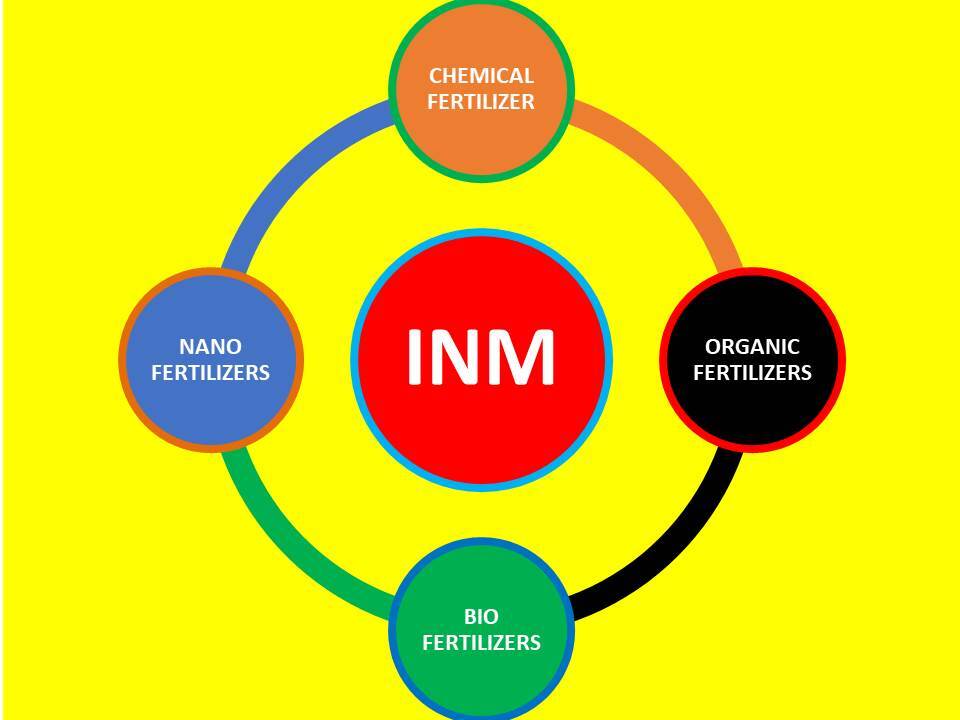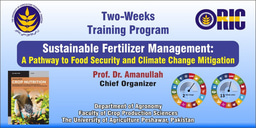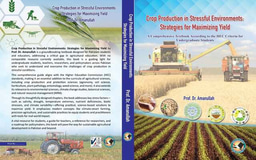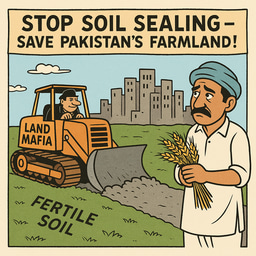INM-Integrated nutrients management: an approach for sustainable crop production and food security in changing climates
Published in Earth & Environment, Sustainability, and Agricultural & Food Science

Integrated Nutrient Management (INM): An Approach for Sustainable Crop Production and Food Security in Changing Climates
Integrated Nutrient Management (INM) is emerging as a key strategy for sustainable agriculture, blending organic, mineral, and biological resources to maintain soil fertility and optimize crop yields. As global climates shift and food security challenges grow, INM provides a resilient framework that supports both environmental health and productive farming systems. By encouraging balanced nutrient use and enhancing soil resilience, INM helps communities worldwide adapt to the pressures of climate change while safeguarding food supplies for future generations.
Conclusion and future prospects
This Research Topic underscores the pivotal role of INM in promoting sustainable agriculture, improving soil health, and ensuring global food security in the context of changing climates. The findings collectively support the notion that INM is a fundamental strategy to enhance soil fertility, health, and resilience, which is crucial in the face of climate variability. As research continues to evolve, precision agriculture technologies, genetic diversity preservation, and innovative practices promise to shape a future where sustainable agriculture is the cornerstone of food security, even amidst the challenges posed by changing climates.
Follow the Topic
What are SDG Topics?
An introduction to Sustainable Development Goals (SDGs) Topics and their role in highlighting sustainable development research.
Continue reading announcement





Please sign in or register for FREE
If you are a registered user on Research Communities by Springer Nature, please sign in